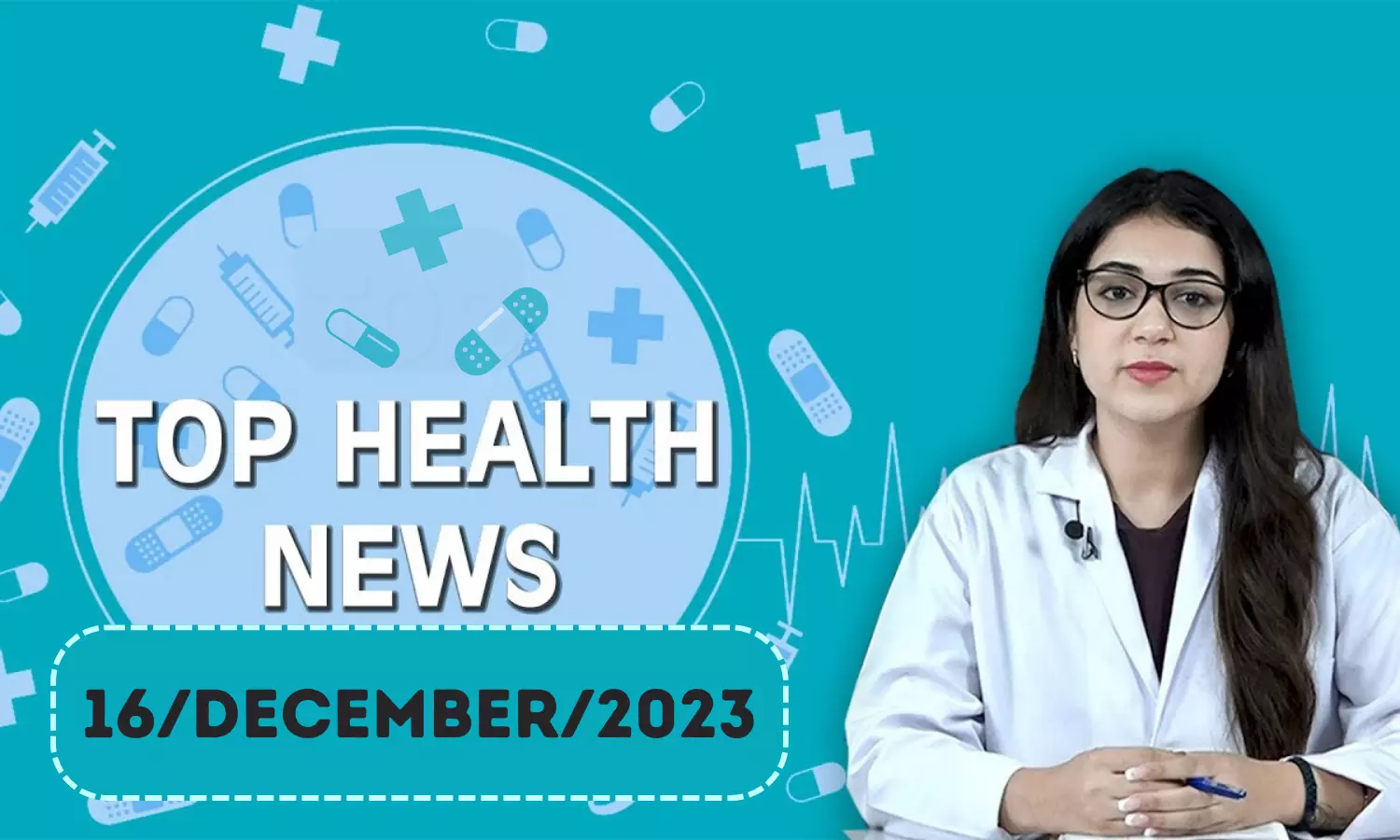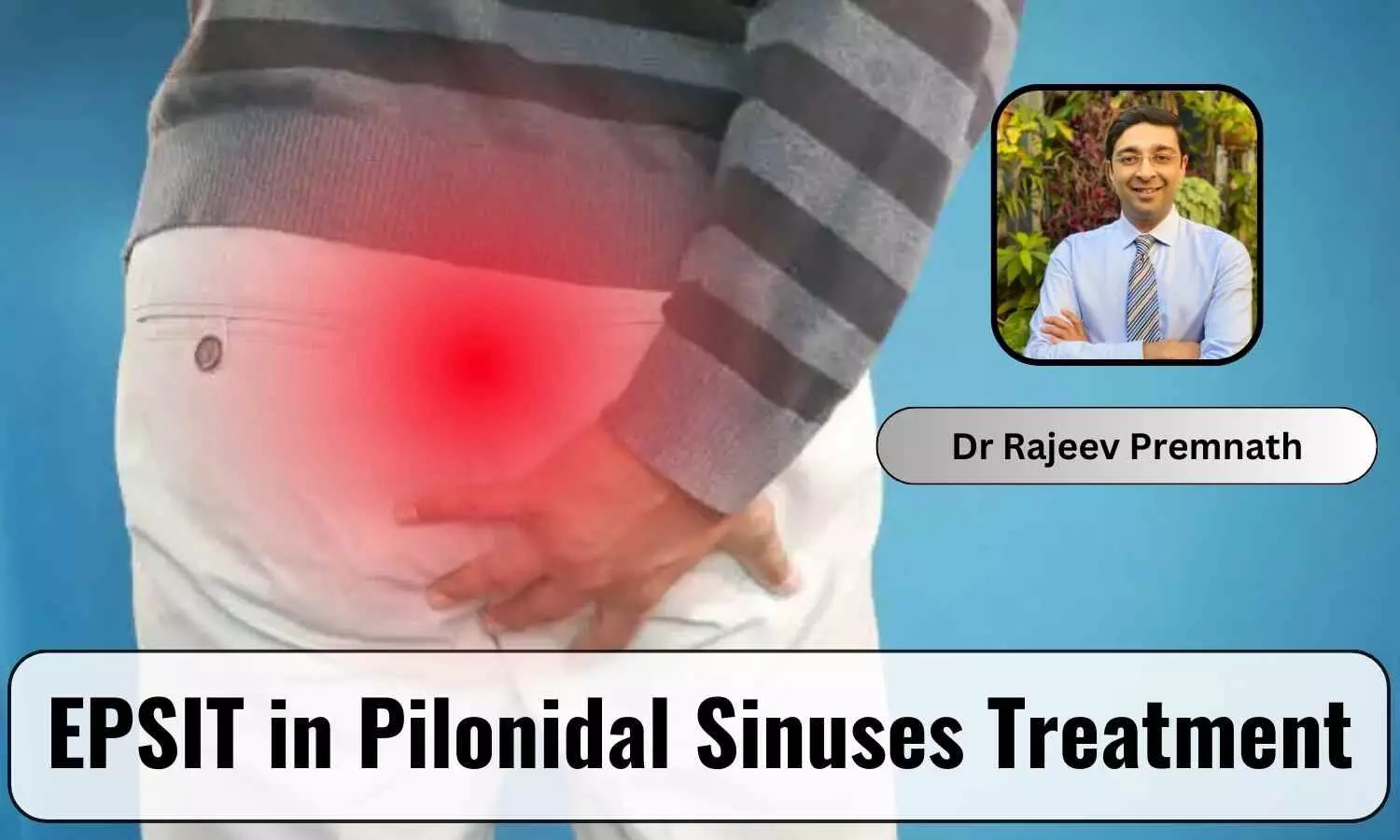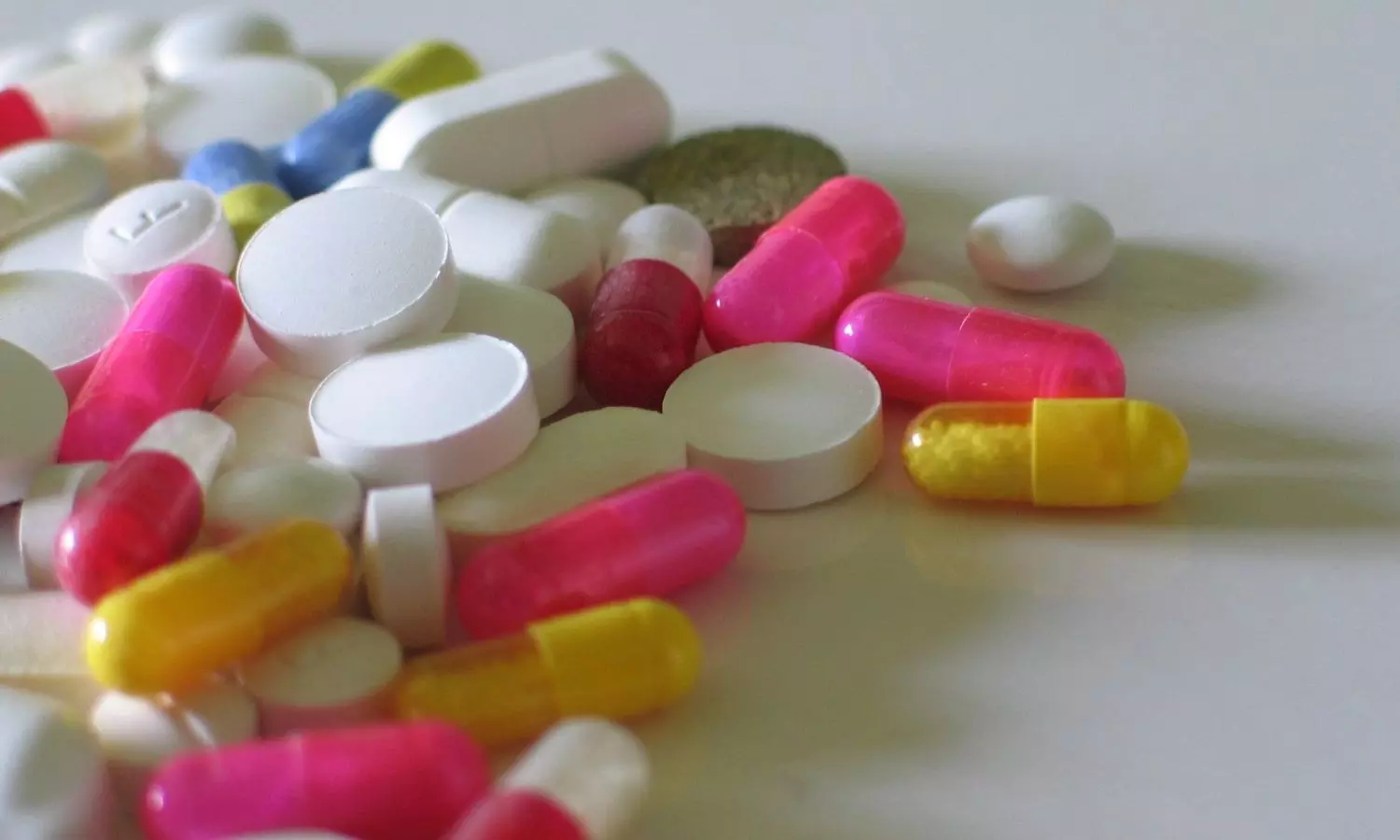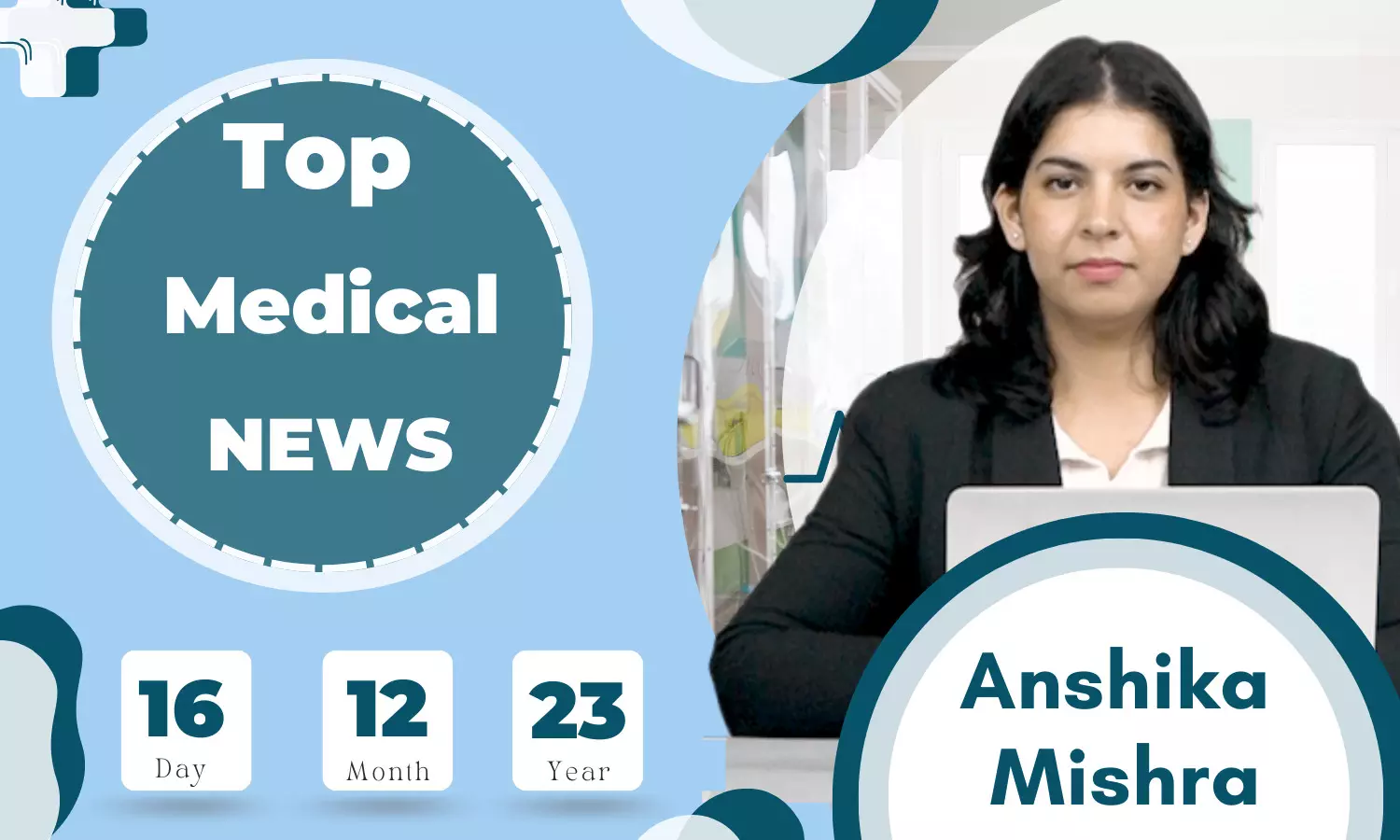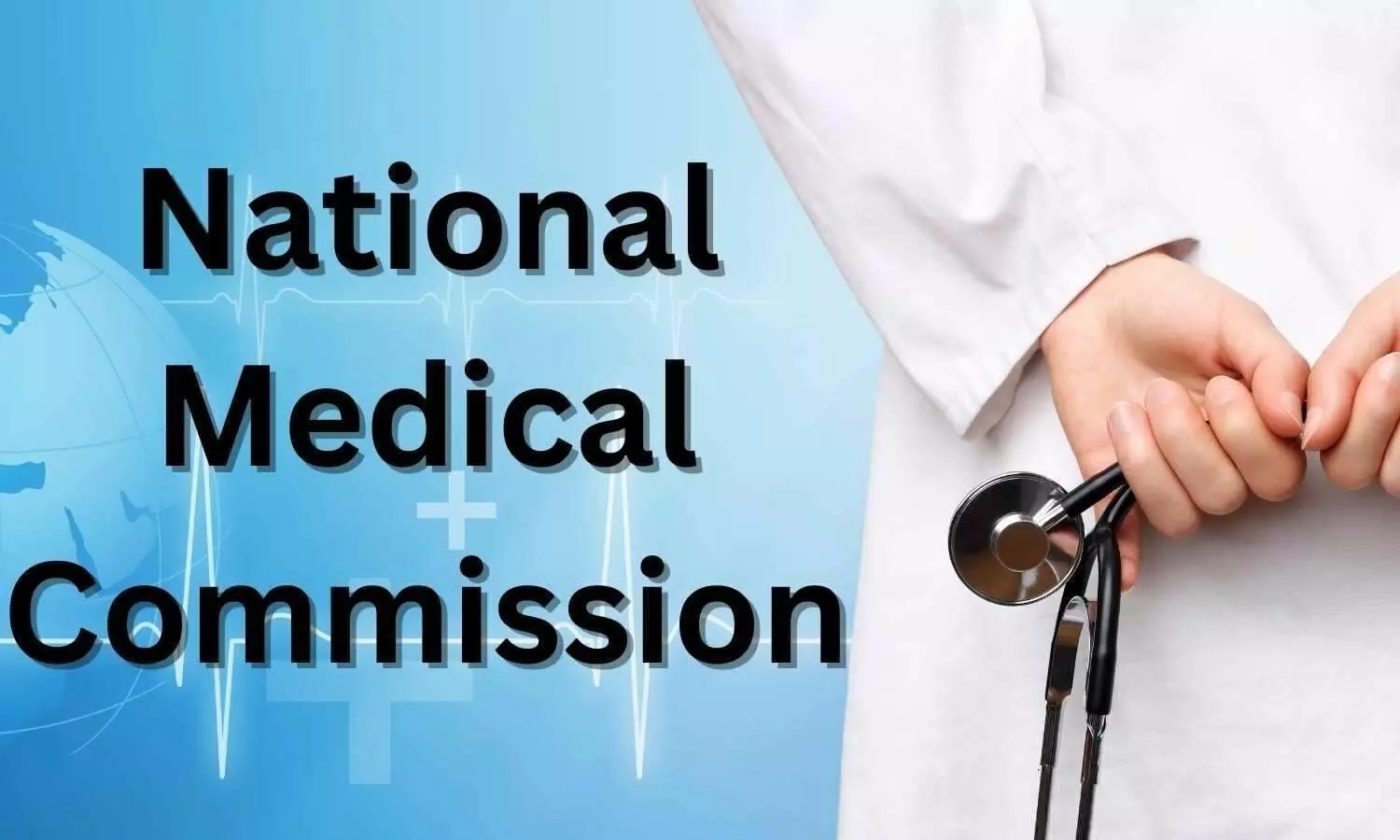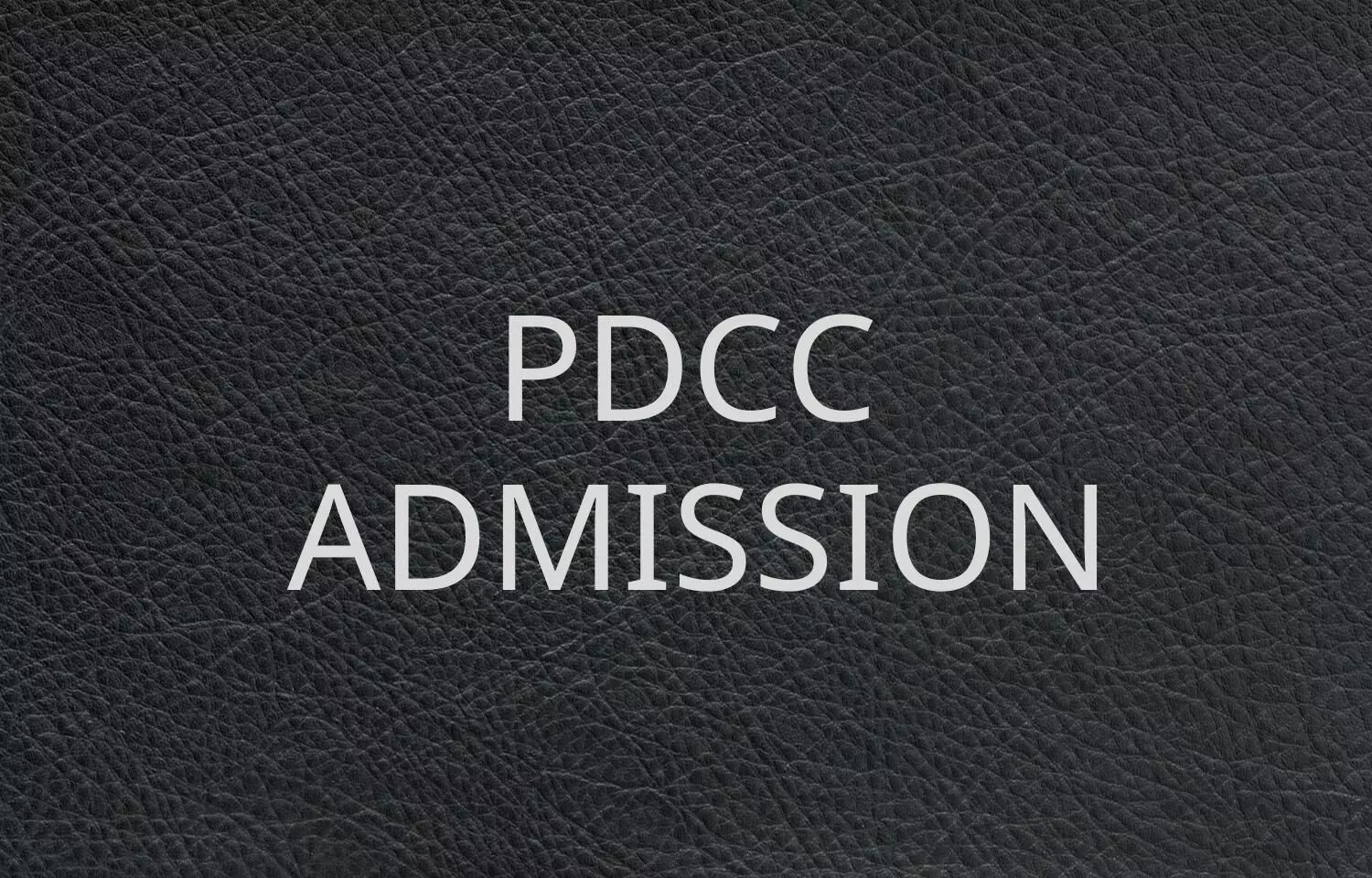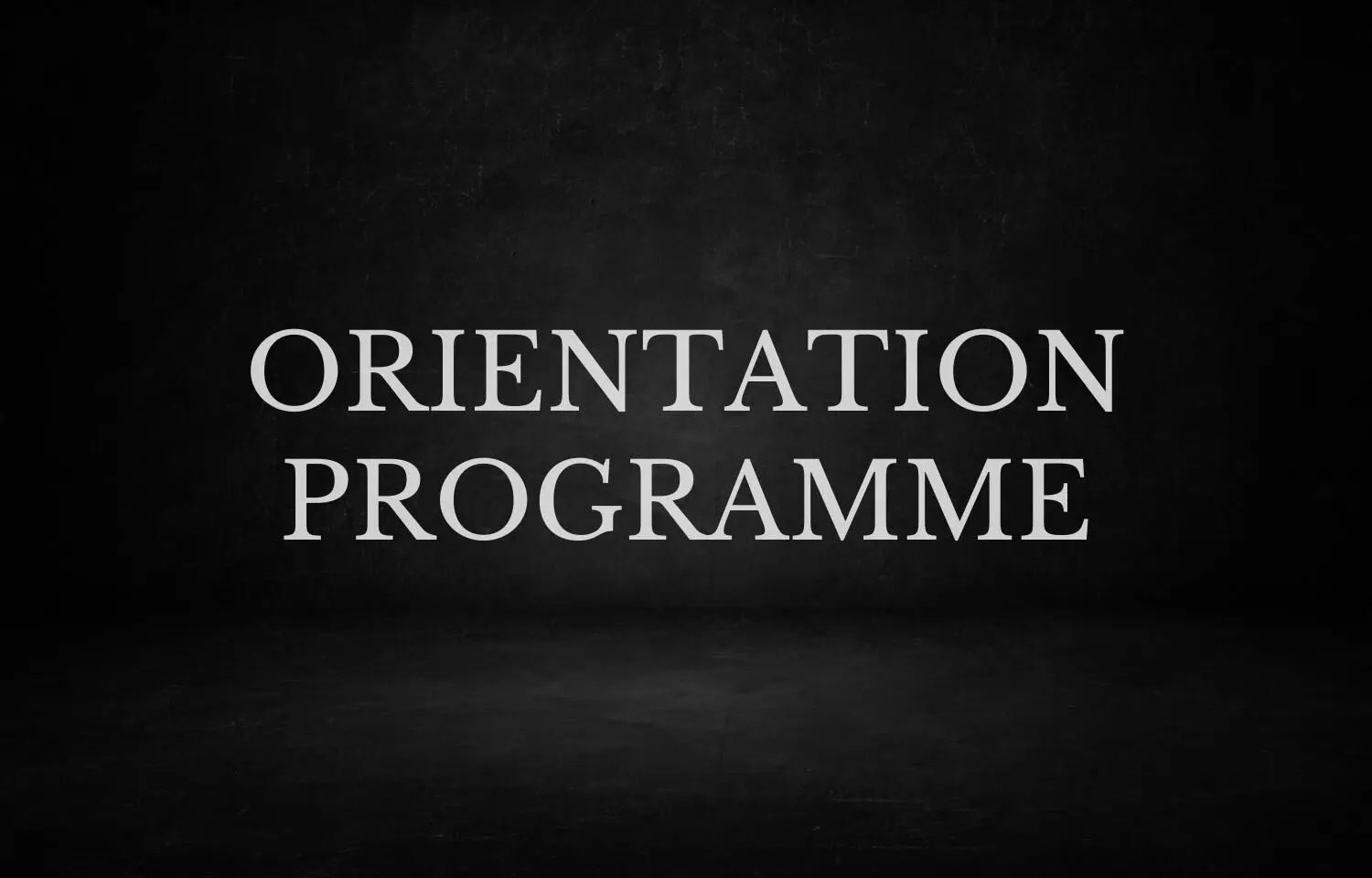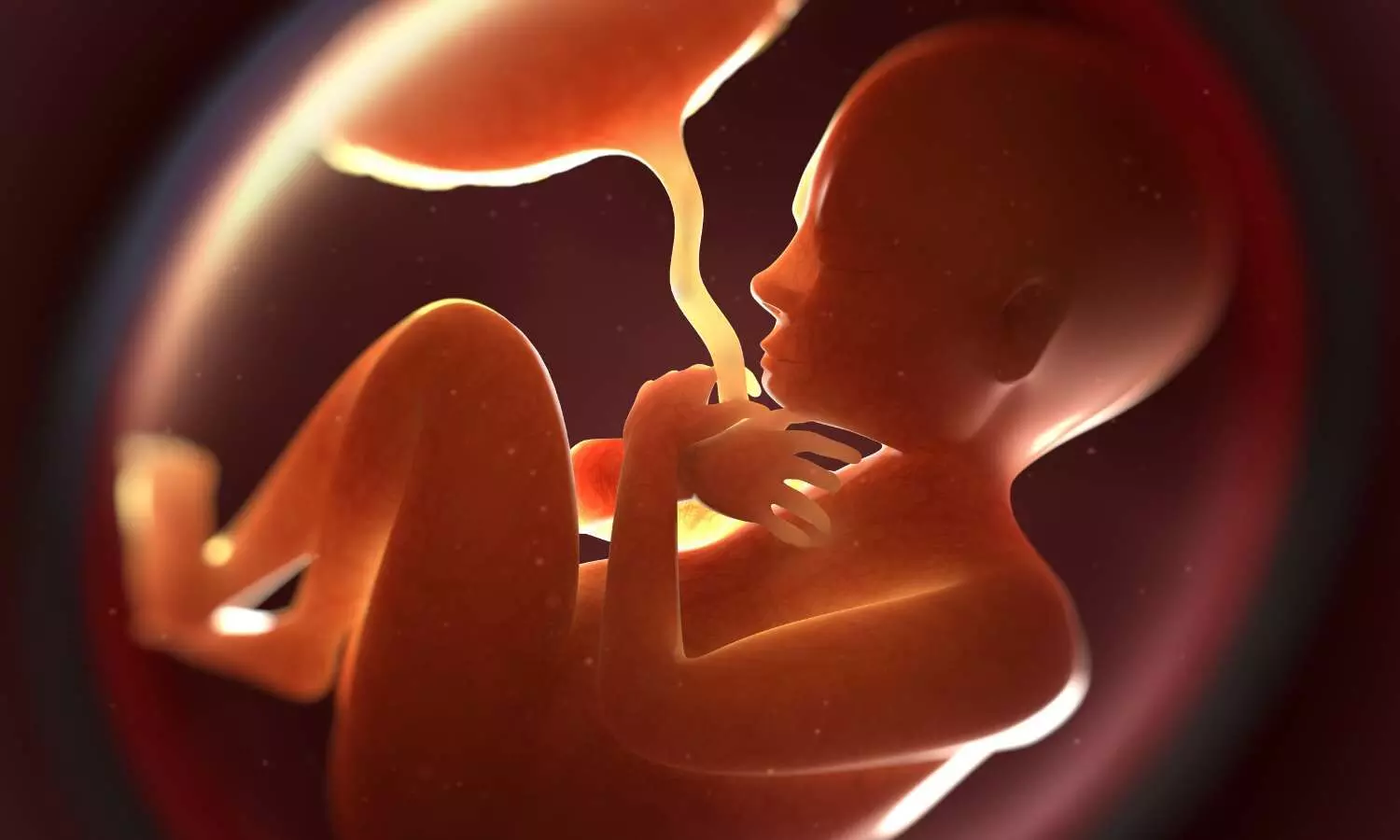
Bengaluru: A distressing incident causing widespread shock and concern among the public has unfolded at a private hospital at Tirumalashettyhalli in Hoskote on Bengaluru’s outskirts where a 22-week-old female fetus was discovered in a dustbin in the operation theatre of the hospital.
In response to the shocking discovery, the police registered a case against Dr Srinivas, the owner of the private hospital and four hospital staff in connection with the case.
Acting on the FIR, four hospital staff including two women nurses, a lab technician and a lab assistant have been arrested by the police for questioning. However, the doctor is currently absconding and a police team have been forced to trace him.
Also read- Medical Rape: Lawsuit Filed Against Boston Retired IVF Doctor For Allegedly Secretly Impregnating Patient With Own Sperm In 1980
According to DH reports, the doctor is reported to be an unregistered radiologist who was running the private hospital and the fetus discovered in the dustbin is alleged to be illegally aborted.
“During a regular inspection, the District Family Welfare Officer found an unregistered ultrasound machine at the SPG Hospital and Diagnostic Centre,” Dr Vivek Dorai, Deputy Director (Medical Acts), told the daily.
Talking about the woman patient who allegedly aborted the fetus illegally at the hospital, a health official said “She is yet to be traced. It appears that the hospital owner himself conducted the abortion.”
A senior police officer informed PTI that a team of health officials visited the hospital on Wednesday as part of their routine inspection and found the female fetus wrapped in a black polythene cover and dumbed in the dustbin.
During inspection, they also found a woman lying in the operation theater and they suspected that the fetus thrown in the dustbin was hers. However, the officer said, “Investigation is ongoing and it has not yet been confirmed whether the fetus thrown was hers or someone else’s.”
He said that health officials informed the police, after which the police sealed the hospital. Before sealing the hospital, the health officials found about 20 patients in the hospital and all of them have been shifted to other hospitals.
While the hospital had the licence under the Karnataka Private Medical Establishment Act, it did not have permission to use the portable ultrasound scanning machine nor was it licensed under the Medical Termination of Pregnancy Act to conduct abortions, the FIR noted.
“A few days ago, a report on the illegal ultrasound scanning machine at the hospital had reached the district health officer, following which Dr Srinivas was asked to respond. Dr Srinivas did not reply to the DHO’s queries and continued to run the machine. When health officials raided the hospital Wednesday evening, the machine was under use. Also, the foetus found in the dustbin was fresh and appeared to have been eliminated after a procedure conducted on Wednesday,” a police officer told TOI.
“There were no records related to this particular foetus. It did not show any abnormality. It doesn’t look like an abnormal baby that was aborted. Everything points to illegal sex determination and female foeticide. We will ensure that the guilty are punished,” D Randeep, health commissioner, Karnataka, said, adding the centre was always on the radar.
State Health Commissioner Randeep D said this was the first case of female feticide through illegal abortion recorded in Karnataka. He told PTI that the hospital was sealed due to lack of inspection by health officials, evidence obtained and proper records.
The official said that based on the statement and complaint of the concerned health authorities, we have registered a case against the owner and staff of the hospital under the Prohibition of Sex Selection Act, Medical Abortion Act and sections 312, 314 and 315 of the Indian Penal Code.
Dr Dorai said “No official records of the hospital owner being a radiologist were found so far. Prescription pads with the letterhead claiming that he was a radiologist were found in the hospital.”
“He, however, hasn’t been empanelled. If he was the radiologist, the ultrasound machine should have been empanelled in his name. We have found that the ultrasound machine was empanelled in the name of one Deepika, a gynaecologist, who doesn’t even visit the hospital,” he added.
Govt to formulate new policy to prevent female foeticides
The Karnataka government is taking measures to prevent female foeticides, including amending the concerned legislations, formulating a new policy and setting up a State-level task force, Health Minister Dinesh Gundu Rao told the Legislative Assembly on Thursday. Along with creating awareness in society, the government also wants to create a fear of law among people, against indulging in such heinous acts, he said.
A CID probe has already been ordered to probe such incidents, Rao informed PTI.
Health Department officials have been directed to regularly conduct spot inspections, the Minister said but acknowledged that ineffective implementation of the Pre-Conception and Pre-Natal Diagnostic Techniques (PCPNDT) Act is coming in the way of fully stopping cases of female foeticides and arresting the declining sex ratio in India.
The declining gender ratio indicates female foeticides are happening, he further said. “If you look at civil registration data, last year it was 947 females for 1,000 men, this year it is 929. It has come down.” He was replying to issues raised by a few MLAs including Leader of Opposition R Ashoka, expressing concern over the increasing cases of female foeticide in the state.
Highlighting the need for a joint operation by the health and police departments to prevent female foeticides, Rao said the proposed State-level task force would help in swiftly acting against any illegal activities. In addition, there are plans for setting up sub-division level monitoring committees, besides deploying an ACP-level officer for proper coordination to deal exclusively with female foeticide cases.
He said the call centre of the health department, which is currently non-functional, would be activated from next month. A tender will be called for this, and this would also cater to instances of female foeticides, among other health-related concerns.
The Minister said the government is also planning to come out with a policy to prevent female foeticides.
He said amendments to the legislation concerned would be effected in consultation with the Health, Home and Law Departments, to make it more effective.
“Nothing will come out of normal inspection or spot visits. Collecting intelligence by involving ASHA and Anganwadi workers and local leaders is important,” the Minister said adding that the District Health Officers (DHOs) and Family Welfare Officers have been told to conduct decoy operations once in three months, in their jurisdictions, to identify hospitals involved in female foeticides.
Also read- Karnataka Doctor Who Allegedly Performed Around 900 Illegal Abortions Arrested




